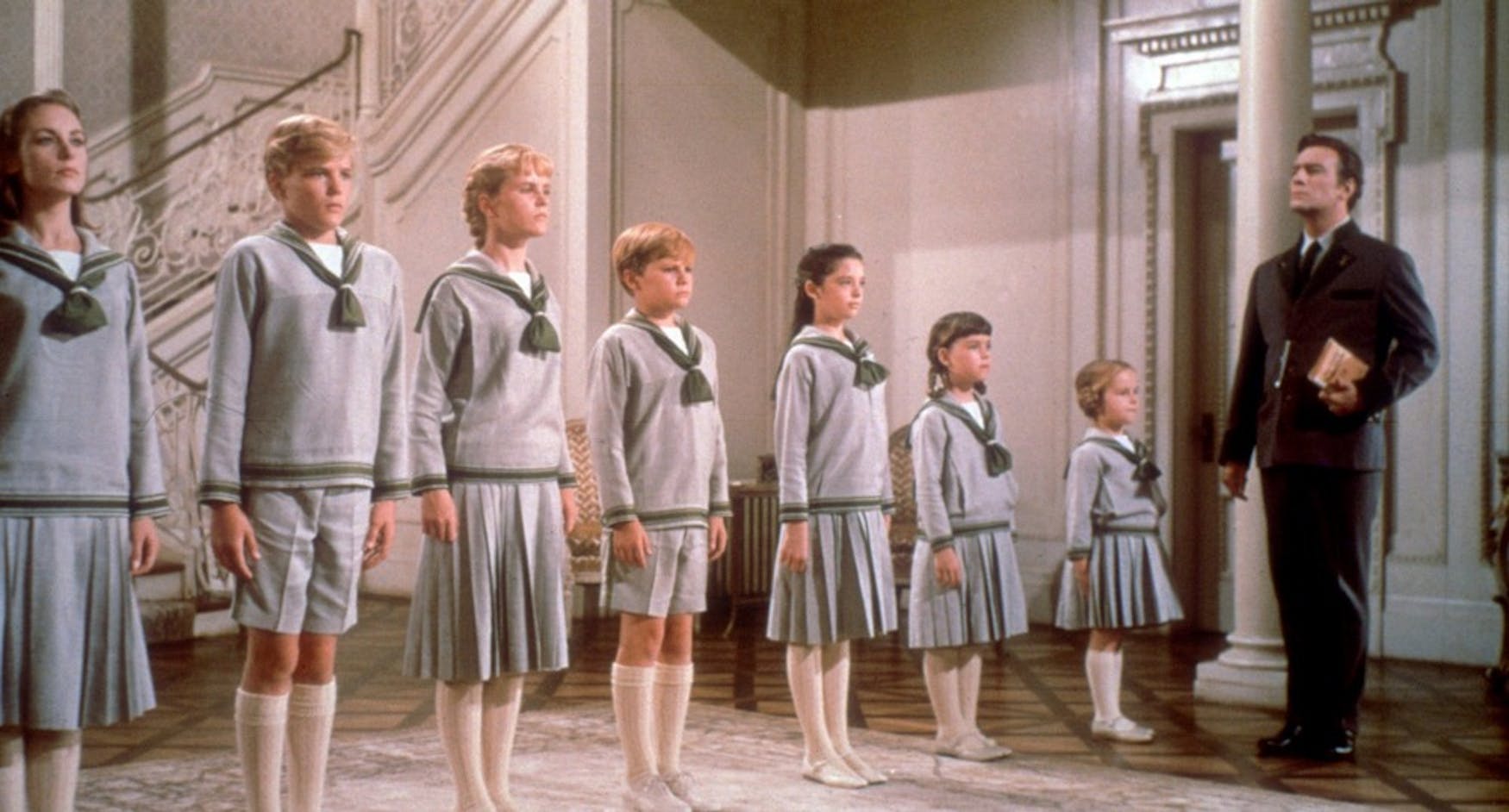Pop Culture
“The hills are alive with the sound of music.” Rodgers and Hammerstein’s The Sound of Music is being re-released in theaters next month in honor of the film’s 50th anniversary, as well as a release of a 50th anniversary edition DVD and Blu-ray.
The Sound of Music, starring the goddess Julie Andrews and the legendary Christopher Plummer, is one of the most well known movie musicals of all time.
The Sound of Music tells the story of Maria, a nun-to-be in her twenties who is told to leave her Abbey. Maria is told that she is not “nun material” because she sings, wears curlers in her hair and is late for prayers.
The Reverend Mother sends her to be a governess for seven children of a widowed naval captain, Captain Von Trapp. Maria and the Von Trapp family do not get along at first.
The captain runs a strict household, because he takes out his grief over his wife’s death on his children, depriving them of a childhood. Maria disagrees with this approach and decides to govern the children differently.
She wins the children’s love and affection by taking them around the city of Salzburg and teaching them how to sing. The captain becomes happy again when the children bring music and laughter back into his house.
Eventually, he and Maria fall in love and live happily ever after with the seven children in tow.
As a child, I completely disregarded the film’s sub-plot of the Nazi occupation of Austria. When I re-watched the film the other day, I realized that this plot is more frightening than I thought it was. The end of the film shows the Von Trapp family escaping Austria to avoid Captain Von Trapp’s appointment to the Nazi navy.
Captain Von Trapp is a devout Austrian nationalist who would do anything for his country. He makes this clear in the song “Edelweiss.” As a child, I thought that the song “Edelweiss” was a beautiful lullaby of sorts about a flower when in fact it was a love song to Austria.
When the captain sings it at the Austrian Music Festival at the end of the film, he is singing it in protest of Nazi occupation and uses the song as a way of defending his homeland.
The Sound of Music is the kind of cultural phenomenon that didn’t disappear in 1965, when the film was first released. The musical remains a classic because the story is universal and reaches across generations.
For instance, I can watch the film and sing along with my nine-year-old cousin and 84-year-old grandmother. My little cousin loves the song “Do-Re-Mi” and identifies with the seven children. My grandmother also loves the beautiful music, but watching this film, for her, brings back memories of sharing the experience with her children when they were small.
The Sound of Music follows one woman’s journey to finding who she truly is and where she belongs. Maria realizes she cannot be a nun because she belongs on a different path.
My favorite line from the film is, “When the Lord closes a door, somewhere He opens a window.”
We can learn from The Sound of Music that new opportunities are available every day. All we need to do is “climb every mountain” to find them.




Please note All comments are eligible for publication in The Justice.